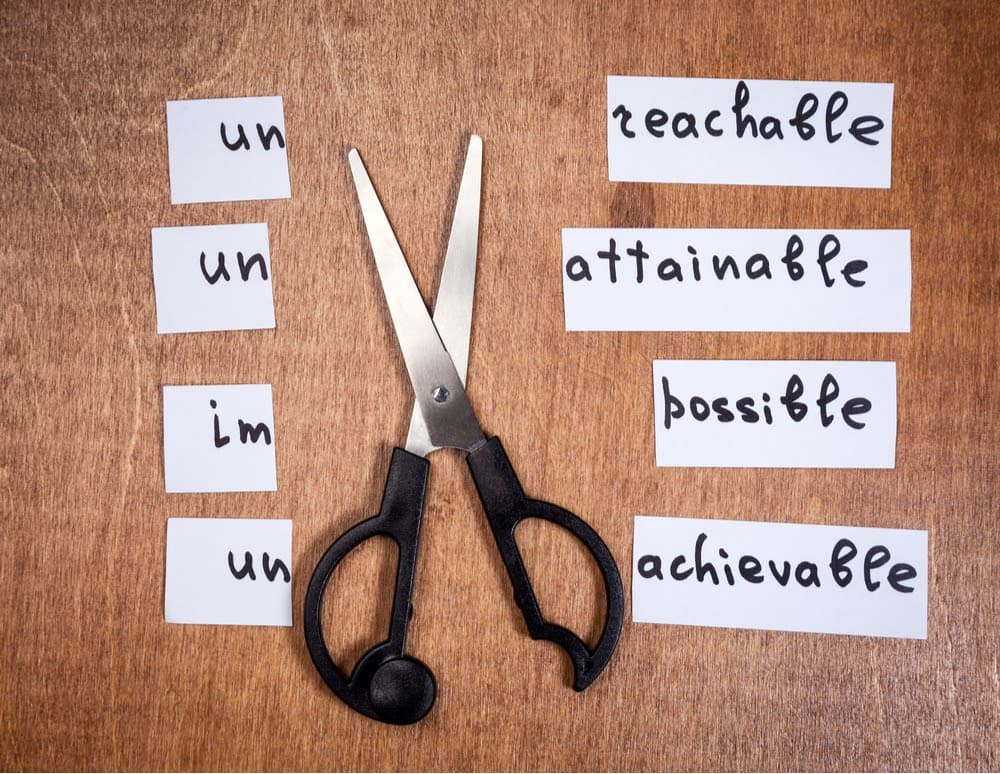It’s not realistic for parents to think that they can ban their teen from using social media—it’s available at home, at school and via their friends. Even schools are using social media to communicate with students, such as providing help with homework assignments or giving updates about extracurricular activities. The best thing that parents can do for their teen with regard to social media is to teach them how to use it responsibly and recognize when there are problems or even danger.
Here are 10 tips for parents about social media that they can pass on to their teens:
Tip #1. Set limits for how much time is spent online and using social media
It’s easy for teens to get too caught up in communicating with their friends via social media, often at the expense of real, in-person relationships. Set up rules for your teen about when and where it is not appropriate, such as at the dinner table or after it’s time for bed.
Tip #2. Never share passwords with anyone, even best friends
Teenage relationships are volatile and your teen’s best friend or crush today may be tomorrow’s bad guy. When your teen understands the importance of keeping privacy settings private, there will be no negative consequences from others getting into his or her account and manipulating it.
Tip #3. Don’t put personal information online or share it with people you don’t know
Teens can be naïve when it comes to understanding about others seeking to take advantage of them or manipulate them. Impress upon your teen the importance of never giving out identifying information to strangers, such as a phone number, house number, when the family is leaving on vacation and more.
Tip #4. Teach teens how to recognize and report abuse
From cyberbullies to predators, the internet makes it easy to cause emotional harm to others. Teach your teen what cyberbullying looks like and outline what they should do if they see it happening to themselves or others.
Tip #5. Communicate about what’s OK
Be clear about your expectations for your teen’s social media use. For example, although you might feel that sending and receiving explicit photos is never OK and your teen will just understand that, unless you verbalize that to your teen, he or she won’t have clear instructions on what’s acceptable. Expectations about behavior and appropriate data should be clearly understood by both parents and teens.
Tip #6. Keep talking about social media
As your teen begins to use social media, don’t think that you just need to have a single conversation and you are done. Whether you ask your teen to show you something new on social media, or simply want to know what they are doing online, opening up dialogue with your teen will show that you are interested in their life and involved in their social media world. Look for teaching moments in your conversations rather than lecturing teens on do’s and don’ts.
Tip #7. Learn about social media permanence
Teens may not understand completely that any post or picture put up on social media is permanent. Make an effort to teach them that cruel jokes, embarrassing photos and more never really go away when put up on social media. If you can teach them to never post anything they would feel embarrassed about later, that’s a good lesson in responsible use of social media.
Tip #8. Get up to speed on social media
Parents need to walk a fine line between letting their teens have space and monitoring what’s happening. The more you know how social media works, the better you’ll be able to communicate with your teen about the rules and their activity. While you don’t need to connect with all of your child’s friends, for example, you do need to be involved enough to ensure your teen won’t try anything foolish.
Tip #9. Embrace the bigger benefits
Endless lectures on the dangers of social media can force a teen to tune out your advice. Spend time showing each other the cool things that social media can do for you and your teen, from signing up for a worthy cause, keeping track of relatives or joining an online group of people who have the same interests as your teen. Social media is a powerful tool that your teen will undoubtedly be exposed to, so help him or her see the benefits beyond just seeing what their friends are up to.
Tip #10. Take advantage of safety controls
Most devices, from computers to smartphones, have safety controls that you can enable that block age-inappropriate material and sites. You can also download apps and programs to further limit what your teens can access online. Keeping your teen’s social media use focused on safety and fun will enhance his or her experiences and protect them from harm.








0 Comments